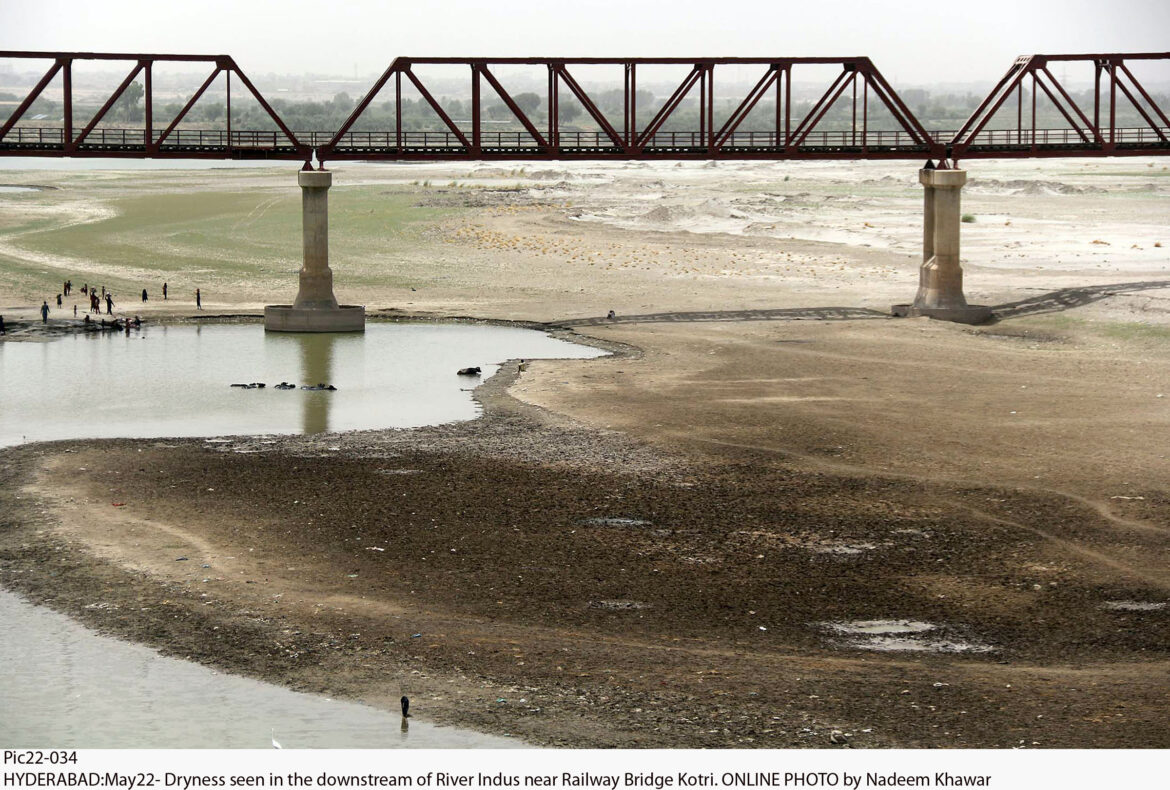By Staff Reporter
ISLAMABAD: Being at the tail end of River Indus, Sindh has been grossly impacted by water shortage, a minister said on Saturday, amid adverse impacts of climate change.
“A lot of that can also be attributed to the lack of equitable distribution of water,” said Senator Sherry Rehman, Minister for Climate Change, at the inauguration of the “Restoration of Riverine, Inland, Dry-land & Urban Ecosystems of Sindh” project.
The project is aimed at the conservation of existing forest cover and plantation on the barren waste lands available with the Sindh forest department.
She said the country was currently facing an acute water shortage.
“The water accord of 1991 needs immediate implementation and If this pattern continues, Pakistan is expected to be water-scarce by 2025,” she said.
Rehman said inland water ecosystems were imperative for our water requirements and needed to be conserved.
“This project’s pivotal focus on conservation of wetlands will prove to be a timely measure.”
This project envisages the creation of approximately 12,000 green jobs.
“Currently, Pakistan faces an economic crunch and everyone is adversely affected by it. These jobs will help economically uplift the region,” the climate change minister said.
“Climate change and environment conservation require public awareness and community engagement.”
She said policy formulation would be futile if “we fail to properly implement them”.
For this, public buy-in was imperative, she said, adding, unless the efforts were community-driven, such projects become an uphill battle.
Rehman said the country was gradually losing its forest cover due to excessive deforestation and degradation activities.
“With efforts of the government and conservationists the flood plains covered by mangroves have increased from 10 percent to 13 percent,” she claimed.
The minister added that among many reasons for the decline of forests, one was the ongoing urbanisation.
“The construction activities first crush the stones, giving heavy dust to the environment, increasing pollution and badly affecting the habitat,” the minister said.
Copyright © 2021 Independent Pakistan | All rights reserved




